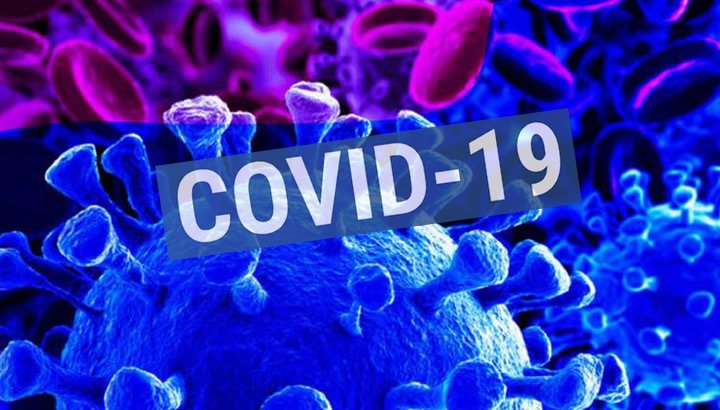Ahead of the World Hepatitis Day (WHD) in July 28, the World Health Organisation (WHO) and partners have called for urgent increase in testing and treatment services to reduce 1.34 million lives lost to hepatitis B and C.
They said this was needed to achieve the globally agreed goals, adding that in 2016, the World Health Assembly (WHA) endorsed viral hepatitis elimination goals as set by the WHO.
It defined a global reduction of 90 per cent in incidents of the disease and 65 per cent in mortality from hepatitis B and hepatitis C by 2030.
The WHA is the apex decision-making body of the WHO, which in 2018 focuses on the theme “Test. Treat. Hepatitis.”
The WHO, in a statement, yesterday, said: “Viral hepatitis B and C affect 325 million people around the world. Left untreated, these infections lead to liver cancer and cirrhosis, which together caused more than 1.3 million deaths in 2015 alone.
“Worldwide, less than 20 per cent of people had access to testing and treatment services for hepatitis B and C infections at the end of 2016.”
Director General of WHO, Dr. Tedros Adhanom Ghebreyesus, said: “We have a clear vision for elimination, and we have the tools to do it. But we must accelerate progress to achieve our goal of eliminating hepatitis by 2030.”
Aiming to speed up global progress, WHO said it is also releasing new global guidelines on hepatitis C treatment. The guidelines enable major simplifications in the delivery of curative therapy to the 70 million people living with chronic hepatitis C in the world.
WHO Director for HIV and Hepatitis, Dr. Gottfried Hirnschall, said: “Eliminating hepatitis will require ongoing innovation, better medicines, and improved health services. Our new recommendations should pave the way for everybody with hepatitis C to access testing and curative treatment now.”




2 Comments